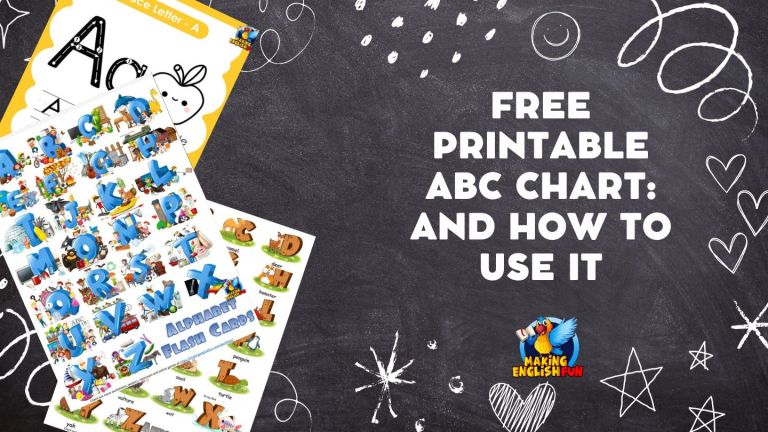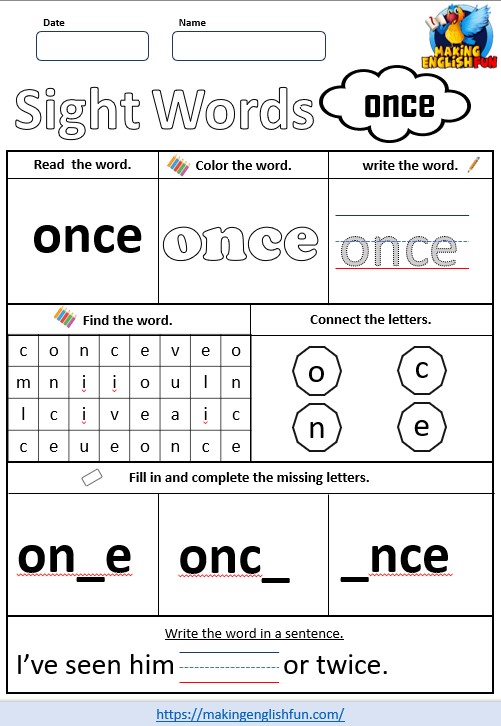Mastering Science Assignments: A Guide for Students
Welcome to your guide on mastering science assignments! Whether you’re tackling physics, chemistry, or biology, the strategies outlined here will help you approach your coursework with confidence and precision. As you know here we have an Interest in English, and science. Including lesson plans and ideas for Stem lessons.
This guide is designed not just to help you survive your assignments but to excel in them, turning complex challenges into opportunities for learning and growth.

Understanding the Basics
To excel in science, a solid understanding of the foundational concepts, theories, and laws is crucial.
Each science discipline, from physics to biology, operates under these fundamental principles that explain the natural world.
Start by revisiting your class notes and textbooks to refresh these core ideas.
In physics, for instance, concepts range from Newtonian mechanics to quantum mechanics. Understanding these concepts allows you to approach problems methodically and efficiently.
If you find yourself struggling, remember that help is just a click away. students can get physics homework help that can bridge gaps in understanding, ensuring you’re not just completing assignments but truly grasping the material.
This support can be invaluable, particularly when tackling complex problems or preparing for exams..

Practical Tips for Mastery
Effective study habits are crucial for conquering science assignments. Here are some practical tips to enhance your learning:
Develop a Study Guide:
Create a comprehensive study guide that distills your notes into key concepts and terms. Start by identifying the main ideas from each lecture or textbook chapter, and summarize them in your own words.
This guide will serve as a quick reference and revision tool during exams and assignment preparation.
Outline Your Assignments:
Before you begin writing any science assignment, draft an outline. This helps organize your thoughts and ensures you cover all necessary points without repetition.
Each section of your outline should flow logically from one to the next, building a clear and structured argument.
Engage in Lab Work:
Practical lab work is essential. Not only does it reinforce theoretical knowledge, but it also develops critical scientific skills. Treat each lab session as an opportunity to apply what you’ve learned in class.
Observing phenomena firsthand and conducting experiments will deepen your understanding and significantly enhance your ability to handle complex assignments.

Using Scientific Language and Examples
When writing science assignments, the clarity and accuracy of your language are paramount. Here’s how to ensure your writing meets the highest standards.
Use Precise Scientific Terms:
Always use the correct scientific terms for processes, equipment, and reactions. For example, terms like “reactant” and “catalyst” precisely describe roles in chemical reactions, avoiding any ambiguity.
Avoid Slang and Casual Language:
Keep your language professional and to the point. Avoid contractions, colloquialisms, and overly casual expressions that might undermine the scientific rigor of your work.
Incorporate Real-world Examples:
Connect theoretical concepts to real-life applications. For instance, when discussing photosynthesis, you might describe how this process impacts climate change through carbon capture.
Real-world examples not only make your assignments more engaging but also demonstrate a deeper understanding of the material.
Each of these strategies is designed to enhance your scientific understanding and improve your academic performance. By focusing on these areas, you can approach your science assignments with greater confidence and competence.
Leveraging Online Resources
In today’s digital age, a wealth of online resources can significantly bolster your understanding and performance in science assignments.
Here are a few ways to make the most of these tools:
Educational Platforms and Videos:
Utilize platforms like Khan Academy, Coursera, or specific university websites that offer tutorials and courses in various science subjects.
Videos can especially help visualize complex scientific processes that are difficult to grasp through text alone.
Online Forums and Study Groups:
Engage with peers and experts worldwide through forums such as Stack Exchange or dedicated Facebook study groups.
These communities can provide support, answer questions, and offer insights that you might not find in textbooks.
Digital Libraries and Journals:
Access research papers, articles, and scientific journals through libraries like Google Scholar or directly through educational institution portals.
These sources are invaluable for understanding cutting-edge science and can enhance the quality of your assignments by integrating current research findings.

Fostering a Scientific Mindset
Adopting a scientific mindset is crucial for excelling not only in assignments but in any scientific endeavor. This mindset involves critical thinking, curiosity, and a methodical approach to problems.
Question Everything:
Adopt a curious approach by questioning how and why things happen in the natural world.
This practice will enhance your understanding and drive deeper exploration into scientific topics.
Practice Critical Analysis:
When studying a scientific concept, don’t just accept facts at face value. Analyze the evidence, compare different viewpoints, and evaluate the reliability of sources.
This critical analysis will be crucial in writing insightful and credible science assignments.
Embrace Failure as a Learning Tool:
In science, failure is often as informative as success. When experiments don’t go as expected, analyze what happened and why. This reflection can lead to better understanding and innovation.
Continuous Learning:
Science is ever-evolving. Stay updated with the latest discoveries and advancements by regularly reading scientific literature and attending workshops or seminars whenever possible.
Final Thoughts
Title: Embracing the Challenge: Succeeding in Science Assignments
Successfully conquering science assignments requires more than just understanding the material; it demands a proactive approach to learning and the application of effective study strategies.
By laying a solid foundation in scientific concepts, utilizing precise language, engaging in hands-on lab work, leveraging digital tools, and fostering a scientific mindset, you are equipping yourself with the tools needed for success not only in your coursework but in future careers as well.







